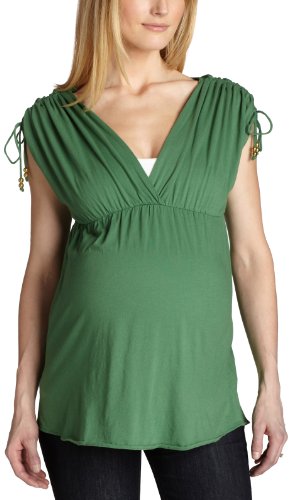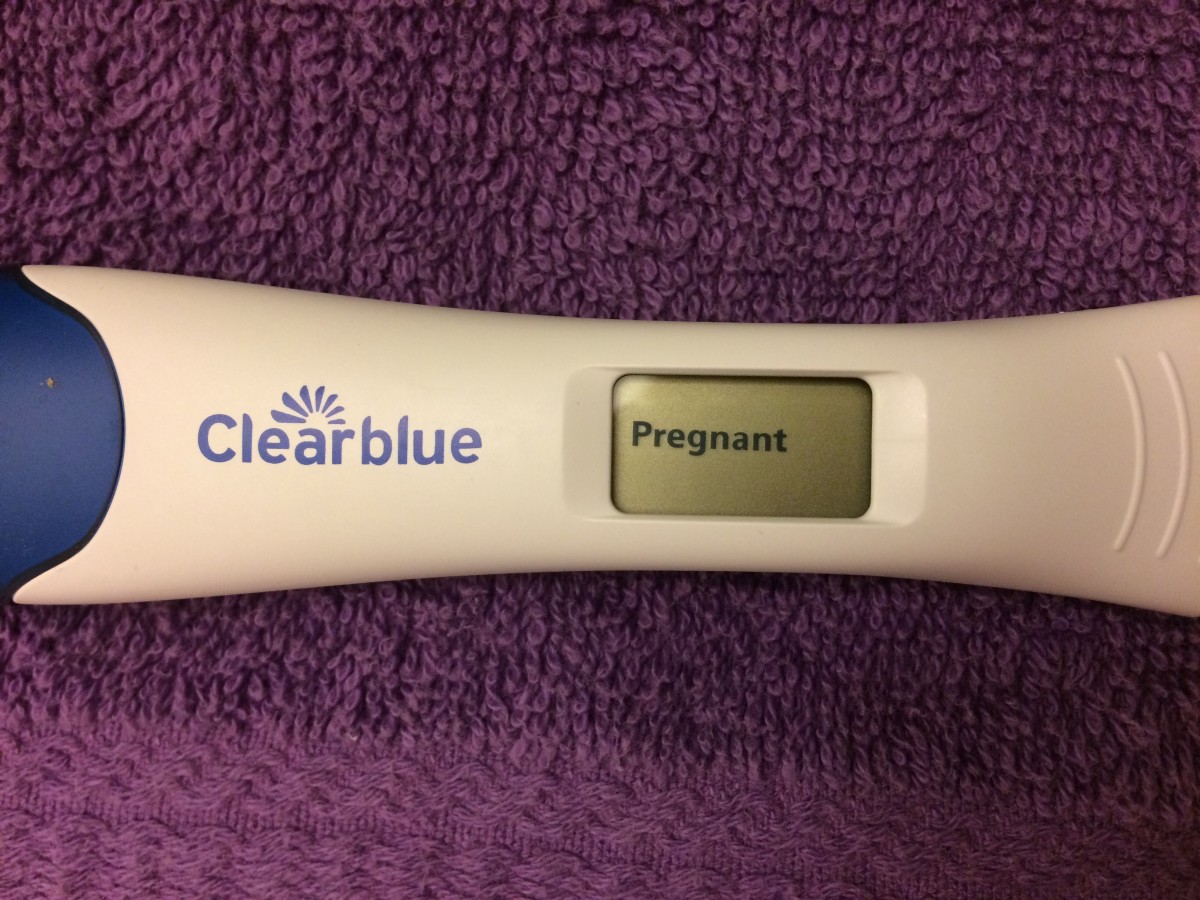- HubPages»
- Health»
- Women's Health»
- Pregnancy
Pregnancy and Skin Care - Are Chemical Peels for Skin Care Safe For Pregnant Women?
Are Chemical Peels for Skin Care Safe For Pregnant women?
Are Chemical Peels for Skin Care Safe For Pregnant Women? It has been said that women always have a natural glow in them, they always exudes the beauty that can only be seen when one carries a baby or entering the motherhood stage in ones life. They are experiencing a lot of physical changes, hormonal and emotional changes. Sometimes due to the hormonal changes, they have skin problems like acne, marks, spot marks, blotches or skin blemishes which are natural because of the hormonal changes in their body. At some point, they remedy with skin treatment that are available in the market, but how safe are these chemical peels for skin care treatment specially for pregnant women, Lets us find out in this hub. This is a series of hub which I am writing about health for pregnant women, if you want to look at them feel free to scroll down and check the other links about pregnancy.
Women when they are pregnant have a delicate condition but it is not always the same for all women, some are sensitive to changes that are occurring tin their body, be it physical or emotional. Some problems like skin problems are normal during pregnancy and once a woman give birth, their skin is back to normalcy.
What are chemical peels?
Chemical peel is a treatment for your body which main purpose is to improve and smoothing the texture of the skin -- usually the face -- using a chemical solution that causes the skin which are dead to shed off and eventually peel off. There are some kinds of chemical peels that are over the counter but it is recommended to see a dermatologist, plastic surgeon on a type to use.
Kinds of chemical peels
- Alpha hydroxy acid peels ---also known as (AHA) -- naturally occurring organic glycolic acid and carboxylic acid found in tomatoes and sour milk.it is used to cure --- wrinkles, areas of dryness, uneven pigmentation, plus acne. AHA is also used to mix with cream or facial wash to improve skin texture.There are five main fruit acids
- citric acids which can be derived form citrus,
- glycolic -- from sugar cane,
- lactic acid -- derived from milk, this is still considered a "fruit acid"
- malic -- apples
- and tartaric --- from grapes.
Uses : wrinkles, dryness, pigmentation,acne, dry skin, sun damaged skin
Some reactions : stinging sensation, redness, irritations on skin and skin dryness
Trichloroacetic acid peels
- Tirchloroacetic acid (TCA) is used as an intermediate to deep peeling agent in concentrations ranging from 20-50% and the depth of penetration is increased as concentration increases-- with 50% TCA penetrating into the "reticular dermis"--
Retinoic acid peel
- Retinoic acid is derived from retinoids; which is denatured vitamin A. It is chemically similar to Retin-A. This type of facial peel is also performed in the office of a plastic surgeon or a dermatologist or Med Spa setting. This is a deeper peel than the Beta Acid peel and is used to remove scars as well as wrinkles and pigmentation problems.
Phenol peels
- Phenol is the strongest of the chemical solutions and produces a deep skin peel. Phenol was said to be the most likely only the carrier for another active component in the solution the croton oil. The effects of a phenol chemical peel are long lasting plus it shows up to twenty more years following the procedure.
Jessner's peel
- Jessners peel is also known as the Coombe's formula and this combine "14% salicylic acid, lactic acid, and resorcinolin an ethanol base". According to wikipedia "It is used to break intracellular bridges between keratinocytes but it is said to be very difficult to "overpeel" the skin due to the mild percentages associated with the acid combination"..
Beta hydroxy acid peels (BHA)
- It has been out that BHA peels control oil, acne as well as remove dead skin cells to a certain extent better than AHAs because AHAs are only working on the surface of the skin. Salysilic acid is usually used plus a sodium salicylate -- "which is is converted by treating sodium phenolate (the sodium salt of phenol) with carbon dioxide at high pressure and temperature."
Which are Chemicals to Avoid and Which Are Safe When Women are Pregnant
- About Retinoids-- According to Baby Center this chemical should be best avoided. Usually it is the Retin-A, Renova (tretinoin), Retinoic acid,Retinol, Retinyl linoleate, Retinyl palmitate,Tazorac and avage (Tazarotene).
- Retinoids has an active ingredients which causes birth defects.
- Salisylic acid -- According to Baby Center and salicylic acid is another no-no for pregnant women. High doses of the acid in its oralform have been shown in studies to cause birth defects and complications during pregnancy. Doctors are being cautious by recommending that pregnant women avoid the topical use of salicylic acid.
- Salicylic acid, Beta hydroxy acid or BHA should be avoided
- Benzoyl peroxide. It is recommended that it should be avoided and to skip it because some of it might get absorbed in the pregnant woman's body
Which Chemicals are Safe?
- Alpha hydroxy acids, sometimes listed as AHAs, glycolic acid, or lactic acid, are safe according to Baby Center
- Azelaic acid is recommended by WebMd and said that this is good for pigment, as well as any topical vitamin C product, which helps suppress pigment naturally. Phytocorrective Gel by Skinceuticals are safe
- Aveeno soy-based products -- it is safe as they have a photo-stabilized sunscreen that contains soy and has been shown to lighten pigmented lesions on the skin," says Dr Jamal at WEBMD.
- About Hydroquinone --- WebMd recommends that while it is not sure whether hydroquinone is safe or not safe for pregnant women, (this is for skin lightening).
CONCLUSION
- There are chemicals which are used for facial moisturizers, facial scrubs, facial masks, facial cleansers, acne solutions, eye skin care products, hand cream, self tanners, sun tan lotions, lotions, anti aging ( although) most women are relatively younger but some specially in their 40s and pregnant still use anti aging products like for wrinkles etc. The studies on the effect or safeness of chemicals in skin care products are not studied extensively although we know that natural is the best solution to every health problem including skin care, so it is best if you avoid using them altogether. If not, always consult a dermatologist and your health provider.
- When pregnant, there are skin problems like melasma which is sometimes called pregnancy mask or dark skin during pregnancy, instead of curing this using skin peeling products, why not wait for your pregnancy to end then you can choose what skin care products to use.
- There are chemical peels which are safe which are discussed above, but in general to my opinion, it is best if you postpone your skin peeling treatment after pregnancy because even though studies are not that extensive to cover the negative effects of some chemical peel substances, it is still crucial for pregnant women to safekeep the baby in the womb. As I always say that women have natural glow in them and the use of concealer plus is useful, so they don't need these unsure chemicals.










